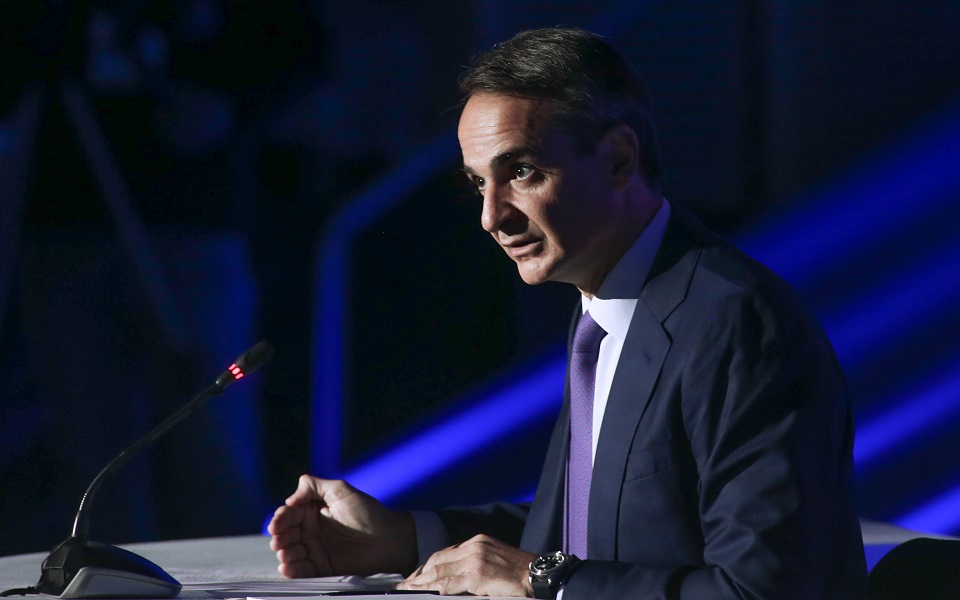Effort to relax rigid Stability Pact rules

Having succeeded in upgrading Greece’s defense capability and geopolitical reach with the accord he signed with France last Tuesday, Prime Minister Kyriakos Mitsotakis now aims to relax the fiscal rules of the European Union’s Stability Pact.
A key interlocutor in Mitsotakis’ effort, beside French President Emmanuel Macron, is Mario Draghi, Italy’s prime minister since February. As president of the European Central Bank from 2011 to 2019, Draghi had to deal with the European debt crisis and had famously said the ECB “is ready to do whatever it takes to preserve the euro.”
At the recent Athens Democracy Forum, Mitsotakis, having said that Greece would maintain growth rates higher than the eurozone average throughout the 2020s, had stated that “we will have a very interesting conversation about the Stability Pact.” He also revealed that he had already had a conversation with Draghi on the subject, when the latter took part in the EUMED9 summit in Athens.
The two prime ministers agreed that there is the need for a less rigid fiscal policy post-pandemic. With the dual needs to spend on the climate emergency and on defense, if Europe is to be taken seriously as a geopolitical power, rigid fiscal rules do not couple well with spending on longer-term goals, Mitsotakis said.
It seems that the two colleagues agree on a more flexible economic policy. Kathimerini understands that the two discussed the 3 percent of GDP deficit limit and the rule that countries whose debt exceeds 60% of GDP must reduce their debt 5% annually – and that Draghi was amenable to the revision of this last rule.
It seems that there is a budding “Southern Alliance” on the issue, as Spain and France also appear receptive. Mitsotakis enjoys good relations with Spain’s socialist prime minister, Pedro Sanchez, as well as his conservative rival Pablo Casado.





